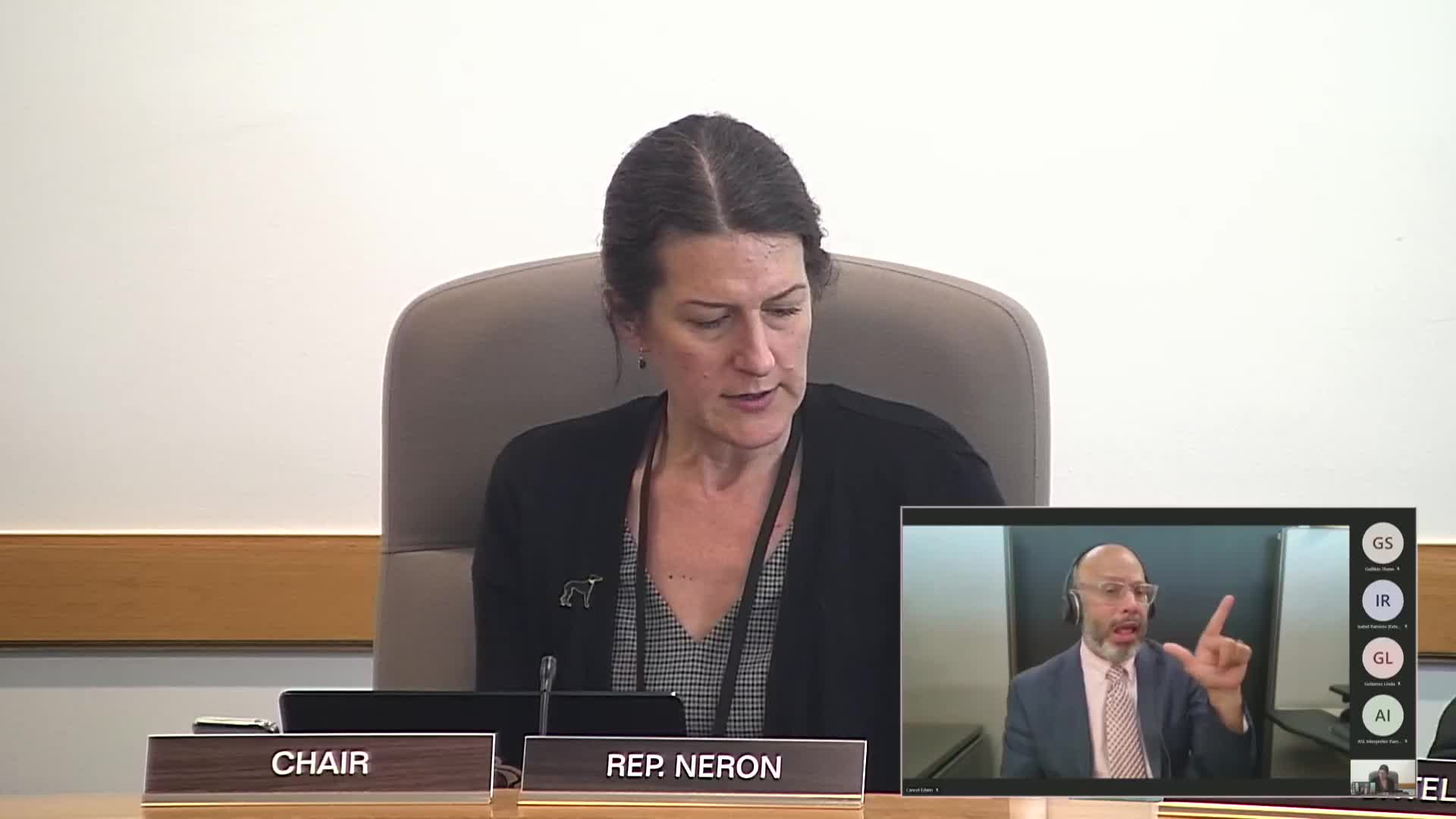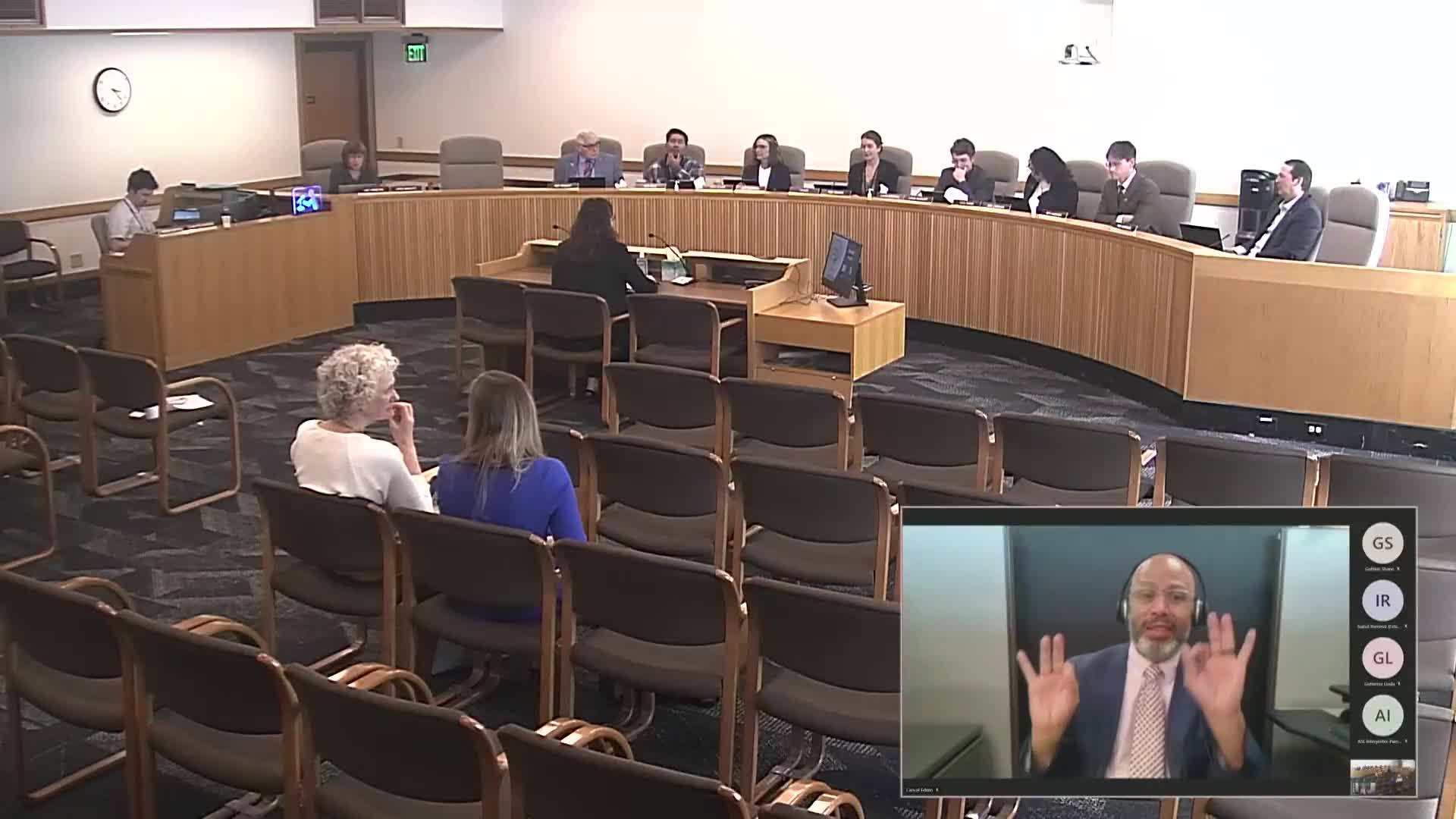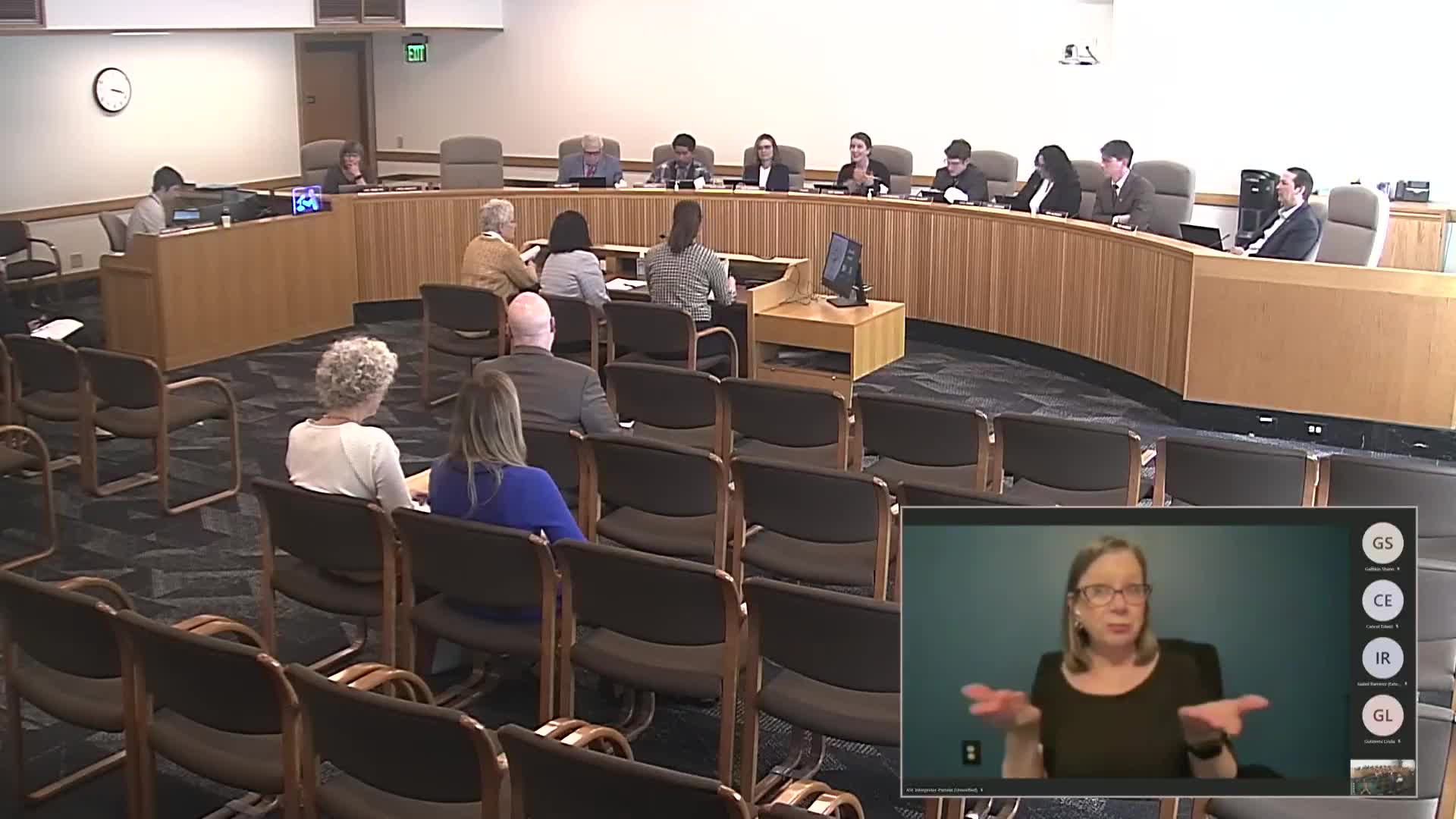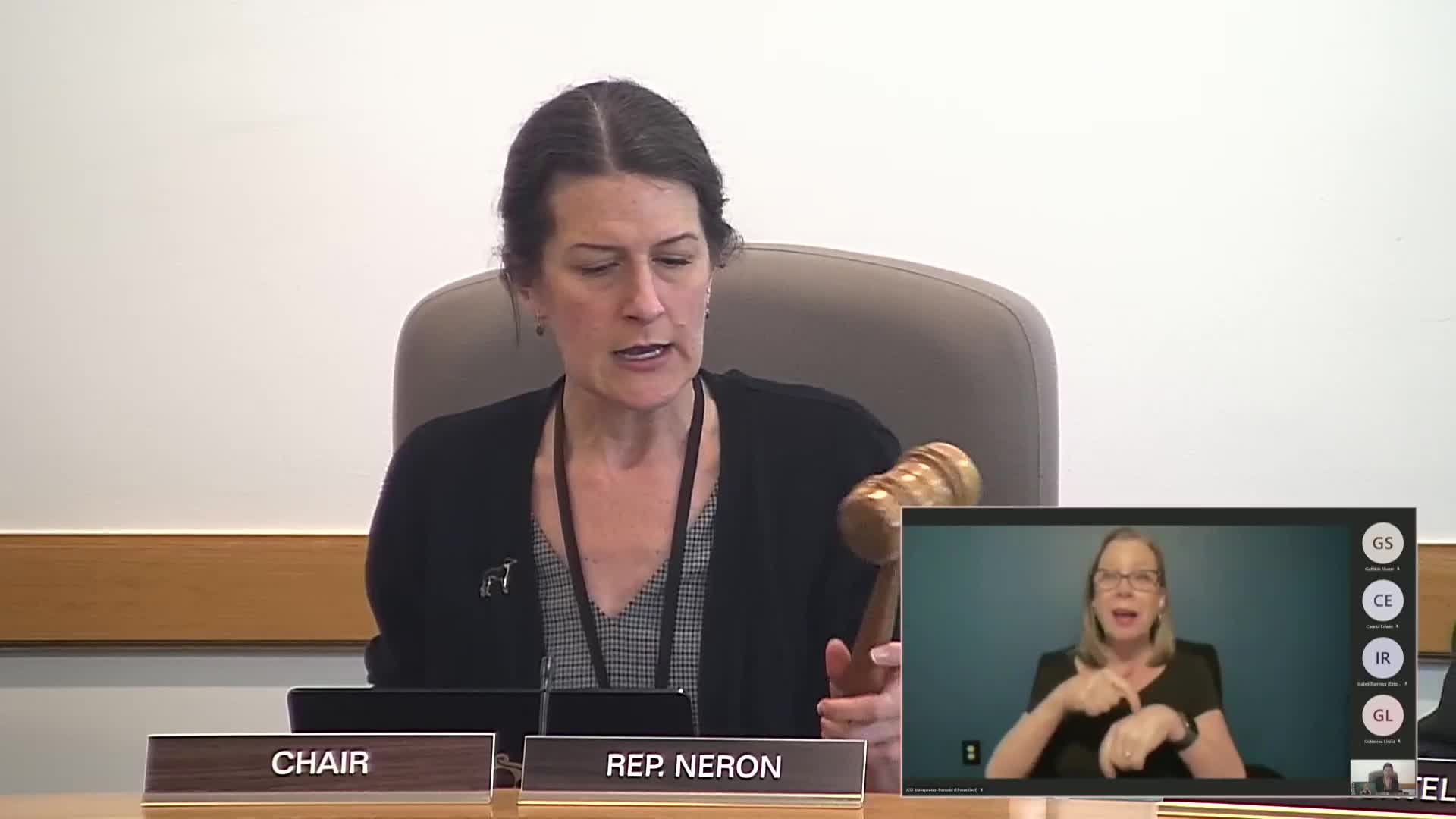Article not found
This article is no longer available. But don't worry—we've gathered other articles that discuss the same topic.

House Education work sessions advance multiple bills to the floor; several technical and special-education items pass by voice vote

Bill would let any adult recommend a student for TAG screening, supporters say it would improve equity

Bill would let districts post healthy-and-safe school reports online instead of keeping paper copies

